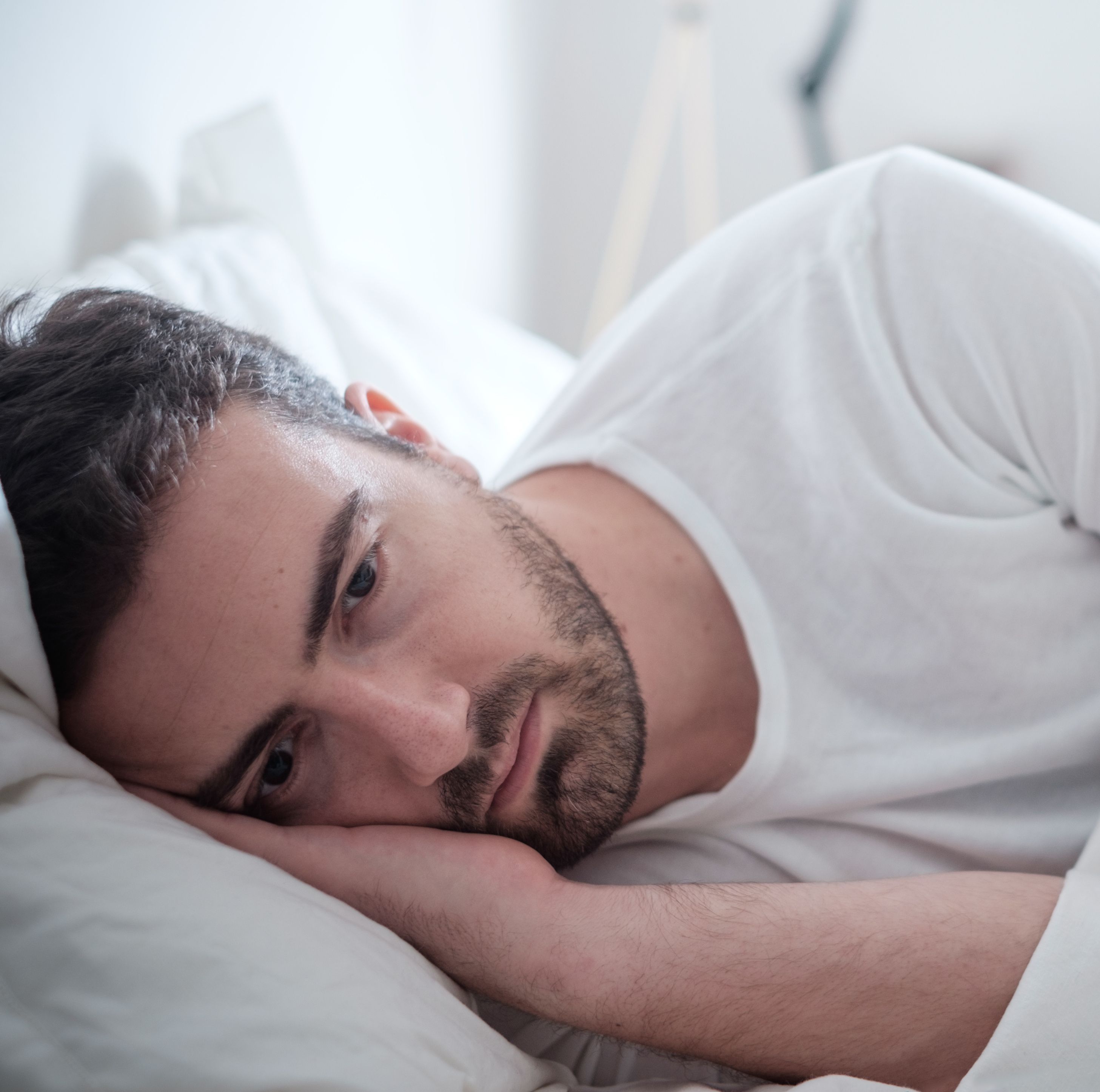New Research Reveals Critical Need to Improve Sleep Health in US
Because unhealthy sleep is associated with multiple conditions and higher risk of mortality, investigators call for further research on the potential to optimize overall sleep health in the US.

After a cross-sectional sleep analysis, investigators found high percentages of US adults experience long-term sleep deprivation, chronic social jet lag, and frequent sleep disturbances. Because unhealthy sleep is known to be associated with multiple conditions and higher risk of mortality, the team called for further research on the potential to optimize overall sleep health in the US.
Hongkun Di, MD, led the team of investigators in conducting the analysis of US nationally representative data collected from the National Health and Nutrition Examination Survey (2017-2020). Adults 20 years and older were eligible to participate.
In addition to assessing the prevalence of sleep disturbances in the population, the objective was a comprehensive evaluation of adult sleep habits on work days and free days.
This was determined by the main outcomes which were means and/or distributions of sleep habits, including sleep duration and sleep-wake timing on workdays and free days, sleep debt, and social jet lag. Participants were also evaluated for reporting struggle with sleep, and daytime sleepiness.
A total of 9004 adults were included, with approximately the same amount of represenation from each gender. Data showed an average sleep duration of 7.59 hours on workdays and 8.25 hours on free days.
Overall, the mean sleep time on workdays was 11:02 PM, which shifted slightly to 11:25 PM on free days. Wake times were an hour earlier on work days (6:41 AM) compared with free days (7:41 AM).
Findings further showed 23.1% of adults slept less than 7 hours and 25.4% went to sleep at midnight or later on workdays. On free days, the percentage of adults not sleeping a full night dropped to 12.9% while more of them went to sleep after midnight (40.9%).
"In 2017 to 2020, US adults showed variability in sleep habits between workdays and free days, with longer sleep duration and later sleep-wake phases on free days, and high percentages of US adults experienced long-term sleep deprivation, chronic social jet lag, and frequent sleep disturbances. These findings provide evidence to further investigate potential approaches to optimize overall US sleep health," the team concluded.
The study "Evaluation of Sleep Habits and Disturbances Among US Adults, 2017-2020" was published in JAMA.